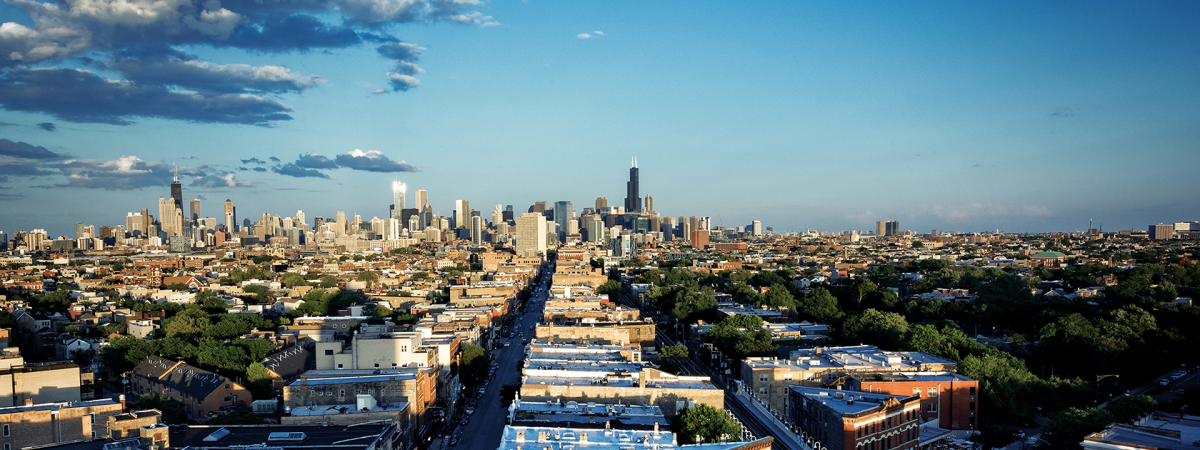Detouring youth from urban violence, protecting children from potential abuse, or keeping students in school is far better than trying to rebuild lives scarred by violence, maltreatment, or a failed education. That’s how prevention research can offer proof, new hope, and innovative strategies in tackling the evolving challenges facing urban residents. And while nearly every community must cope, to some extent, with such problems as violence, drug use, educational inequality, and family stress, these issues are often exacerbated in urban contexts.


